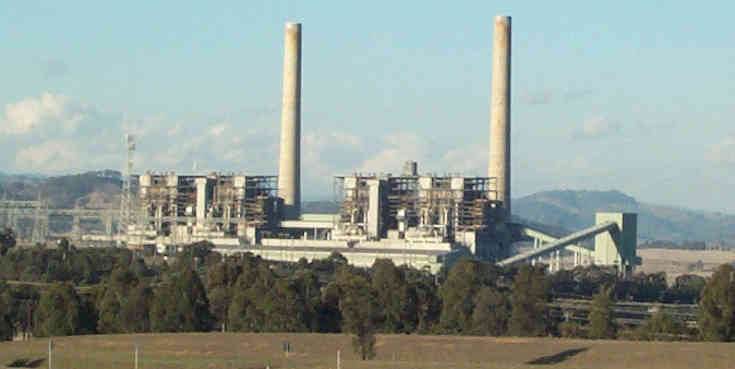Peter Hartcher had an encouraging column in this weekend’s Sydney Morning Herald. Encouraging despite our Government’s inaction on addressing climate change in an appropriate manner.
For, he said, state governments and many major industries and businesses have adopted firm targets to achieve zero emissions.
Australian industry
BHP Billiton
BHP Billiton, apparently the world’s biggest mining company, has committed to selling off its thermal coal mines within 2 years, and achieving zero emissions by 2050. Executive pay is linked to progress on this goal. (Thermal coal is coal used in power stations.)
National Farmers Federation
The NFF is commonly considered to be extremely conservative. Yet recently its members committed to achieving zero carbon emissions, also by 2050.
The red meat industry has committed to zero emissions by 2030.
Suncorp
Australian insurer Suncorp will no longer invest in, finance or insure new oil and gas ventures, and will end all its current involvement in thermal coal within 5 years.
AGL
Australian electricity generator, AGL, is also committed to zero emissions by 2050 and is linking executive pay to achieving its targets. As part of this, AGL is planning to shut down the ageing Liddell power station within 2 years, and phase out its other two thermal coal power stations. All (or almost all) new investment will be in renewables.
State governments
While the Australian government has done little in the last decade to address climate change, state governments (who carry the responsibility of power supply) have been stepping up.
The NSW government has an “aspirational objective” to achieve net-zero emissions by 2050. NSW Energy & Environment Minister Matt Kean is critical of his Federal counterparts for being so far behind in their approach and holding our economy back.
And overseas
Major companies such as BP, Shell, Goldman Sachs and JP Morgan have all committed to cutting emissions and move away from oil and coal.
The economic bottom line
These industries and governments all accept the science of climate change and know that there is no economic justification for building new coal-fired power stations.
Building a coal-fired power station requires a massive investment that takes years to recoup, and there is no guarantee that they will operate for that length of time.
Renewables are cheaper and can be built in stages so the outlay is spread. Battery technology provides the storage to even out the load.
The ABC reports that the Reserve Bank and 65 other central banks recently warned that failing to slash emissions to zero could wipe 25 per cent off global GDP by the end of the century.
Perhaps companies like AGL could move faster. Perhaps 2050 is not soon enough. Perhaps governments could help ensure action is even faster. But the targets announced are still an indication of future directions.
Australia could lead the world
Australia has abundant sources of renewable energy – sun, wind, tide, geothermal. We could, and should, be a leader rather than lagging behind. Smart companies recognise that, and are, unfortunately, way ahead of our government.
Photo: Liddell coal-fired power station in the Hunter Valley of NSW (Wikipedia). Liddell is now almost 50 years old and at the end of its economic life.
